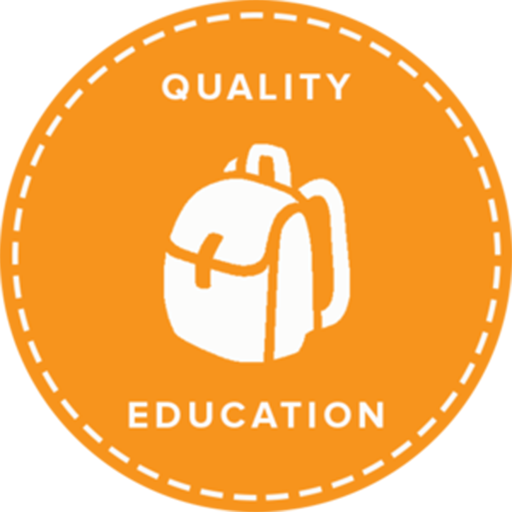Pattern Principals Leadership in Increasing Quality Education MA Muhammadiyah 10 Palirangan Solokuro Lamongan
Abstract
The leadership pattern of the head a madrasah is very influential in improving the quality of education in an educational institution. This research was conducted at the ma muhammadiyah lamongan 10 palirangan solokuro formulation with the following problems: (1) what is the pattern of leadership of the madrasa heads in improving the quality of education at ma muhammadiyah 10 palirangan solokuro lamongan? ; (2) what is the achievement of quality education at ma muhammadiyah 10 palirangan solokuro lamongan? ; (3) what are the supporting factors and obstacles to the pattern of leadership of the madrasa leaders in improving the quality of education at ma muhammadiyah lamongan 10 palirangan solokuro ?. The method used in this study uses a qualitative approach. To the type of phenomenological research and collection of data through observation techniques, interviews, documentation and questionnaires. As for the results of this study is the leadership pattern of the head of the madrassa by using an autocratic pattern has succeeded in improving the quality of education
References
Athoillah, Anton. Fundamentals of management. Bandung: Pustaka faithful 2010 [2] Daryanto. Principal As Learning Leaders. Jakarta: Gavamedia 2011
Ministry of Religious Affairs. Qur, an and translation. Jakarta: Duta Surya, 2012.
Ministry of Education and Culture, the Great Dictionary of Indonesian Jakarta: Balai Pustaka: 1991.
DP Tampubolon. Higher Education Quality New Paradigm of Higher Education Management Challenges
Facing the 21st Century, Jakarta: PT Gramedia Pustaka Utama, 2001.
E. Sallis. Total Quality Management In Education. London: Koga Page Limited, 1993. [7] Hardjosoedarmo, Soewarno. Total Quality Management. Yogyakarta: Gramedia, 2001.
Imawanto, Andreas. Motivating Your People. Jakarta: Lutan Education, 2013 [9] Imam Nawawi. Translations Riyadhus Shalihin. Jakarta: Pustaka, ...........
Kamisa.Kamus Complete Indonesian. Surabaya: Kartika, 1997
Marno & Triyo Supriyatno. Islamic Educational Management and Leadership. Bandung: PT.Refika
Aditama 2008.
Narimawati, Umi. Qualitative and Quantitative Research Methodology: Theory and Applications: 2008.
Numberi, Freddy. Leadership throughout the ages. Jakarta: Gramedia, 2009
Rival, Veithzal. Leaders and Leadership in Organizations. Jakarta: Rajawali Press, 2013.
Surakhmad, Winarno. Teacher and His education. Jakarta: Directorate of Education Teachers and Mechan

In submitting the manuscript to the International Journal on Integrated Education (IJIE), the authors certify that:
- They are authorized by their co-authors to enter into these arrangements.
- The work described has not been formally published before, except in the form of an abstract or as part of a published lecture, review, thesis, or overlay journal.
- That it is not under consideration for publication elsewhere,
- The publication has been approved by the author(s) and by responsible authorities – tacitly or explicitly – of the institutes where the work has been carried out.
- They secure the right to reproduce any material that has already been published or copyrighted elsewhere.
- They agree to the following license and copyright agreement.
License and Copyright Agreement
Authors who publish with International Journal on Integrated Education (IJIE) agree to the following terms:
Authors retain copyright and grant the International Journal on Integrated Education (IJIE) right of first publication with the work simultaneously licensed under Creative Commons Attribution License (CC BY 4.0) that allows others to share the work with an acknowledgment of the work's authorship and initial publication in this journal.





1.png)
